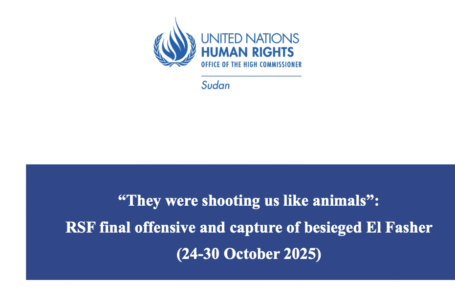Brussels, 24 July 2025
The International Federation for Rights and Development (IFRD) is deeply alarmed by the Berlin police’s recent claim that playing Nasheed songs — Islamic devotional music — may be “criminally relevant.”
Nasheeds are a form of spiritual and cultural expression, not evidence of wrongdoing. Framing them as suspicious promotes harmful stereotypes, fuels Islamophobia, and risks violating the right to freedom of religion protected under both German and international law.
This is not an isolated incident. In 2023, German police released an official infographic-style video that depicted Islam in a criminalizing and misleading manner — drawing widespread criticism from rights groups. These repeated actions point to a troubling pattern in which religious identity is unfairly associated with extremism.
Such rhetoric and practices undermine Germany’s democratic values, including:
- Article 4 of the German Basic Law
- Article 9 of the European Convention on Human Rights
- The International Covenant on Civil and Political Rights (ICCPR)
Germany’s commitment to religious freedom must be upheld consistently. History reminds us of the dangers of criminalizing religious and cultural expression — including under the Nazi regime, when Jewish communities were prohibited from singing Yiddish songs and other forms of spiritual life were repressed. That legacy demands vigilance.
We urge German authorities to:
- Publicly clarify that religious music — including Nasheeds — is not inherently criminal
- Ensure that counter-extremism policies are rooted in evidence, not bias
- Provide training to law enforcement on religious freedom and anti-discrimination standards
Religious belief is not a threat. Treating it as such erodes the very principles Germany claims to protect.








